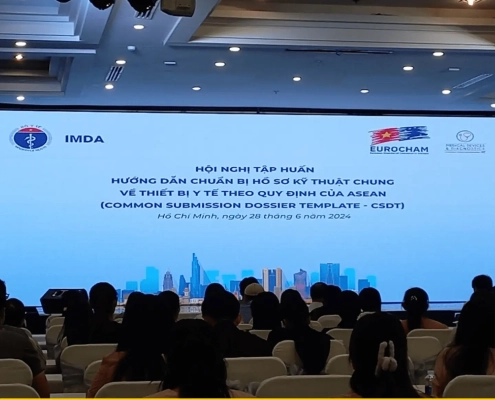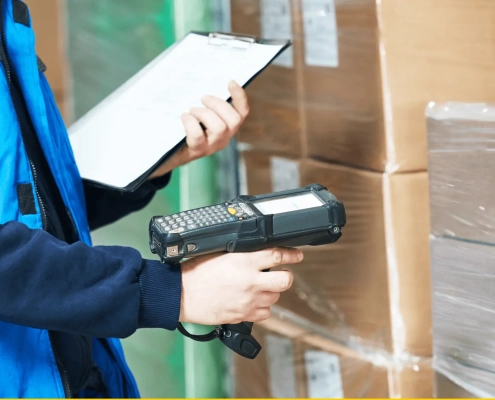Come grow with us in the US in Thailand in China in Korea in the Philippines in Taiwan in Hong Kong
Contact Us
US: +1 512 898-9222
SG: +65 3138-4148
EMAIL: Inquiry@asiaactual.com
Invoicing Requirements for Medical Device Software in India
Published on: February 5th, 2021
The hyper-efficient sales and delivery models available and employed by many Software as Medical Device (SaMD) manufacturers must be adjusted in India to comply with local tax and medical device rules and regulations. These commercial requirements in India seen to be evolving continuously, and so constant attention to regulatory updates and changes is also important once a compliant invoicing process is in place.
Tax Compliance
In general, India is considered a high tax environment with complex requirements, with tax law being in a state of constant change. Currently, SaMD sales may be subjected to a 2% Equalization Levy (Withholding) tax and 10.92% Royalty tax may also apply depending on the rights transferred through the software. From April 2021, the royalty tax would not apply if the payments were covered under the EL (Equalization Levy) which effectively will reduce the tax incidence to 2%. Also, in case of business to consumer sales, Goods and Service Tax (GST) determined by the applicable HS code varying between 12% and 18% may also apply.
Invoicing Requirements
At this time, foreign manufacturers of medical device software must work with a local entity with a valid Drug Sales License (Form 20b/21b) to import, store, and invoice for their products. While importing and warehousing do not apply to SaMD without physically form, the invoicing requirement is still in full effect.
Options for Selling SaMD in India
Currently, there are 3 common scenarios available to foreign manufacturers wishing to sell SaMDs in India:
- Local Distributor: Local Distributors will have the ability to legally sell medical software and will be familiar with tax and invoicing requirements. Manufacturers will just need to invoice the Distributor while they handle local requirements through their own accounting department.
- 3rd Party Fulfillment: Manufacturers can use a third part India Agent, like Asia Actual, to meet medical device registration, post market vigilance, and invoicing requirements in India. The manufacturer would still need to generate product demand directly or through other contracted suppliers.
- Local Office Establishment: Manufacturers that wish to move more aggressively into the Indian market may choose to set up their own legal, licensed entity. A wholly owned foreign subsidiary can be established and fully operated on a virtual basis. Asia Actual offers a service package that includes all the required legal, regulatory, and tax compliance for turnkey startup operations in India. A la cart support for tax and regulatory functions is also available for companies that plan to hire local staff for the sales, marketing, and management functions, taking advantage of the talented local workforce.
If you would like to explore options for selling your SaMD or general medical devices in India, please reach out to us to learn more about the various options available to you.
Grow With Us
Asia Actual is available to help navigate the complex tax requirements for medical devices in India. Contact Asia Actual today for a free consultation to discuss your SaMD product.






